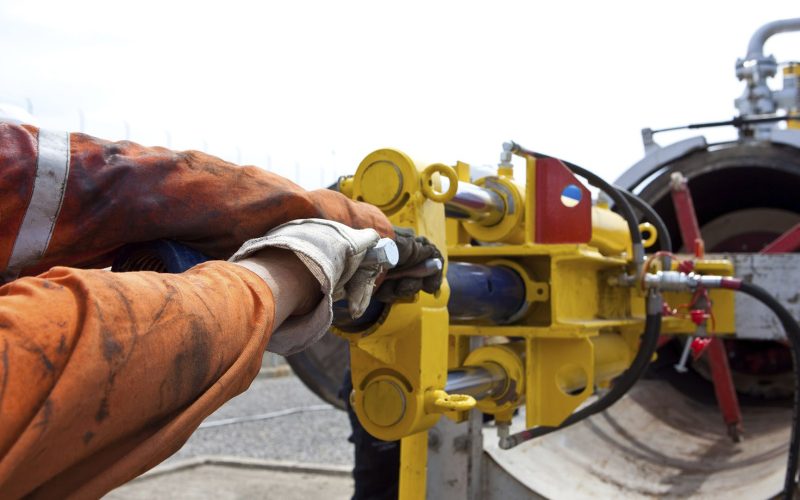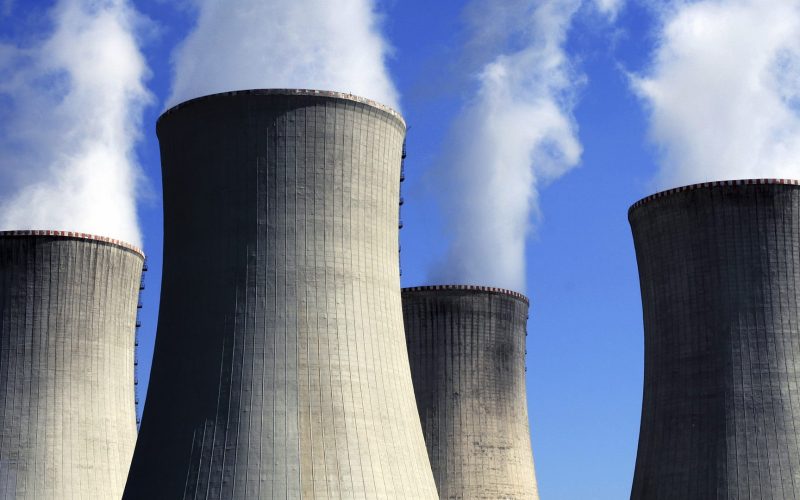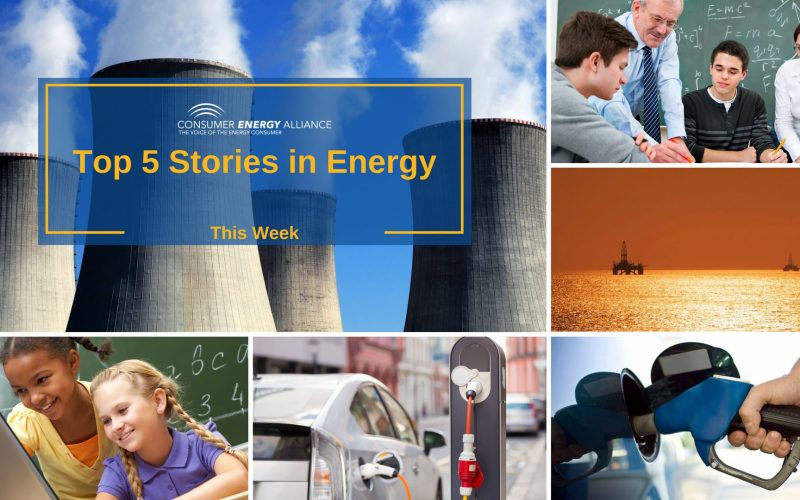THE VOICE FOR THE ENERGY CONSUMER

We know that pipelines pave the way for family-sustaining jobs as a result of construction and manufacturers because of the affordable, reliable supplies of fuel pipelines bring. Writing in the.

David Holt joined Barry Armstrong to discuss how families hitting the road for the holiday season are continuing to see extended savings from American energy production year-over-year. Listen to the.

FLORENCE, SC – December 18, 2017 – Consumer Energy Alliance (CEA) hosted Federal and state officials as well as business community leaders at the 2017 Atlantic Energy Forum – South.

CEA-Midwest Executive Director Chris Ventura discussed how the shale revolution in Ohio has driven down costs for families and small businesses who rely on natural gas to power and heat.

CEA’s James Voyles talks about the need for modernizing pipelines and our energy grid with the News Tribune. New materials have strengthened pipelines to operate more efficiently and with longer.

CEA’s Brydon Ross discusses how Vogtle will effect the future of nuclear power in the United States. “It would be a substantial detriment to the building of new nuclear across.

Low Gasoline Prices in the U.S. May Soon Come to an End (via Wall Street Journal) In mid-December, drivers across the country were pleased to see gasoline prices about five.

Gary LaGrange of the Port of New Orleans discusses what initiatives, like Consumer Energy Alliance’s Campaign for America’s Energy , means for families and workers across Louisiana. In addition to.

CEA’s Link Browder reflected on how Mississippi policy makers set the stage for economic growth by supporting policies that ensured energy affordability for families and manufacturers across the state. Having.

The American Association of Petroleum Geologists sat down with David Holt to discuss CEA’s latest report “Families, Communities and Finances: The Consequences of Denying Critical Pipeline Infrastructure,” and the necessity.